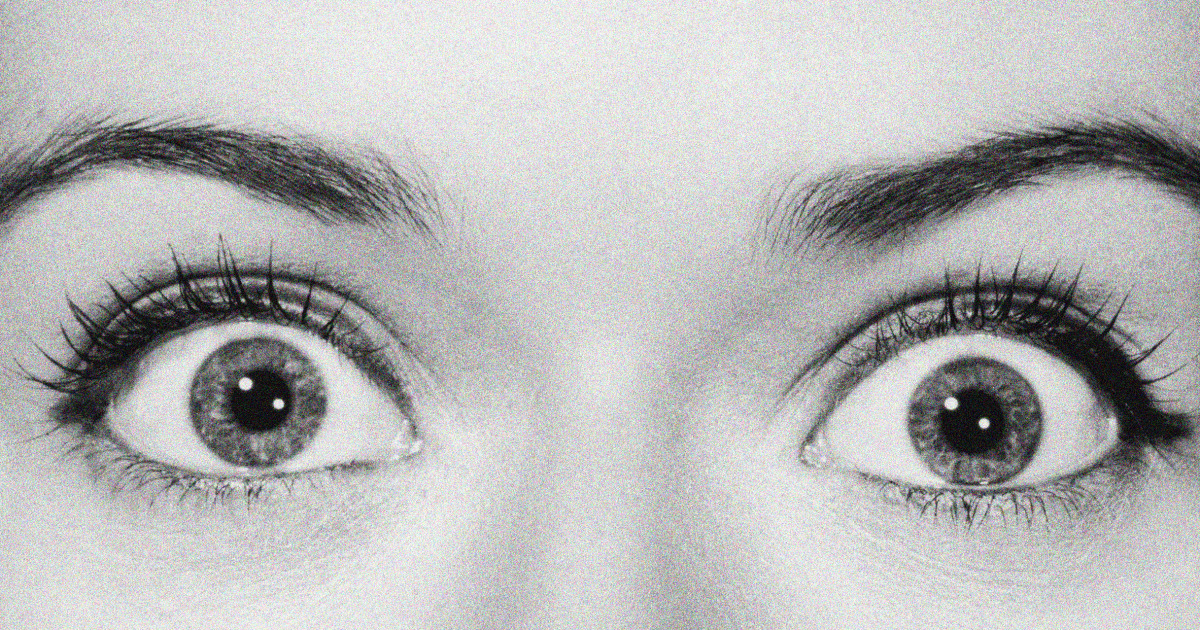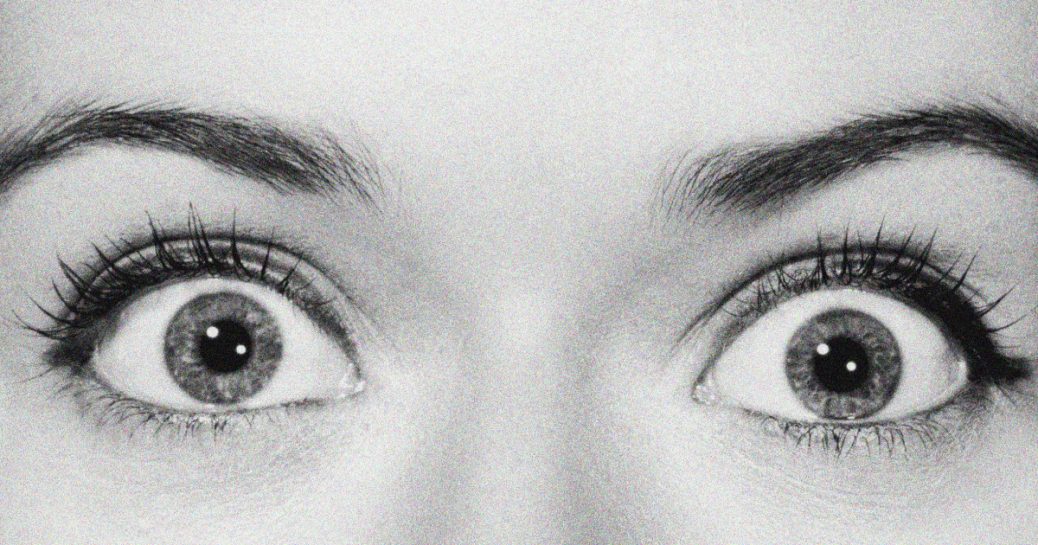
Castor oil has long been considered a jack-of-all-trades home remedy, used as a laxative, a moisturizer and as a chest rub to ease lung congestion. Now some people on TikTok claim they’re using castor oil as a way to treat vision problems.
Doctors warn that’s a way to ruin your eyes.
Dozens of videos that have gotten millions of views show people rubbing castor oil over their eyelids, across their eyelashes and under their eyes to help treat issues like dryness, floaters, cataracts, poor vision, and even glaucoma.
Castor oil is a type of vegetable oil produced by pressing the seeds of the castor bean plant. It’s been used for thousands of years in traditional and folk medicine to treat a range of issues from bronchitis to skin infections.
It’s considered safe to take as a laxative, but because of potentially severe side effects like vomiting and dizziness, castor oil isn’t widely used anymore.
That hasn’t stopped TikTokers from promoting it. One woman insisted that after two weeks of use, she no longer needs to wear reading glasses as often because castor oil has helped her vision. Another said it helped prevent an eye infection from progressing and got rid of her floaters, the strands of gel-like fluid in the eye that cast shadows on the retina.
Castor oil’s moisturizing properties make it a common ingredient in over-the-counter eye drops. However, those products are specifically formulated and tested to treat eye dryness, doctors say. The bottles of castor oil on store shelves are not intended for use in the eyes and may contain preservatives, dyes, fragrances or other ingredients that can cause irritation or infection.
There is limited research that eye drops formulated with a low concentration castor oil mixture helped with dry eyes and blepharitis, or inflammation of the eyelids. But the studies are of low quality, experts say, involving small sample sizes and no control groups.
“We just can’t make a recommendation for something that has very little evidence behind it,” said Dr. Ashley Brissette, a spokesperson for the American Academy of Ophthalmology and assistant professor at Weill Cornell Medicine in New York. “Castor oil is not a cure-all. If you have concerns about your eyes, you need to see an ophthalmologist.”
What castor oil can and can’t do for eye health
Castor oil has no effect on cataracts, an age-related condition that causes cloudy vision, floaters or glaucoma, which occurs when fluid accumulates and damages the optic nerve, Dr. Vicki Chan, a practicing ophthalmologist in Los Angeles, said.
“These conditions occur inside the eyeball,” Chan said, “so even if you put a drop of castor oil on your eye, it’s not going to seep in and dissolve or fix anything.”
Castor oil does make a great moisturizer though, Brissette said. It contains ricinoleic acid — a type of fatty acid that prevents water loss through the skin — a reason why it’s found in soaps, cosmetics, and lotions.
So if castor oil gets into the eyes, that moisturizing may explain why some people feel like it’s improving vision, Brissette said.
“Your eyes need to be hydrated to see clearly, and one of the biggest complaints of dry eye disease is actually blurry or fluctuating vision,” said Brissette.
There are also claims that castor oil helps promote eyelash and eyebrow growth, but no studies to date have tested the theory.
Castor oil is safe for external use on the skin. Putting castor oil that isn’t sterile directly in the eye may cause infection, Dr. Chantal Cousineau-Krieger, an ophthalmologist with the National Eye Institute, warned.
Other eye risks include, irritation, allergic reactions, adverse interactions with eye medications, discomfort and inflammation.
And don’t replace medications and other treatments with castor oil with the hopes that you can “cure” your condition more naturally, Brissette said.
Ignoring glaucoma medication, for example, can lead to permanent vision loss. Or waiting to see if castor oil improves cataracts instead of opting for timely surgery could make them more difficult to remove and increase the risk of surgical complications, Brissette said.
How to keep your eyes healthy
There are ways to protect your eyes.
Cousineau-Krieger suggests the 20-20-20 rule: When focusing your eyes for long periods of time on a book or computer, for example, take a 20-second break looking at something 20 feet or more away every 20 minutes. This will reduce eye fatigue and strain.
Brisette says you should wash your eyelids with an “eyelid formulated cleanser” every night. That helps remove the buildup of dust, bacteria, and other pollution that eyelids and lashes trap throughout the day.
Other expert-recommended ways to protect the eyes include:
- Eat a balanced diet high in leafy greens.
- Remove makeup before bed.
- Wear appropriate safety eye wear during tasks like grinding and sanding, or during sports like racquetball or paintball.
- Wear sunglasses outdoors.
- Keep up with regular eye exams.










Recent Comments